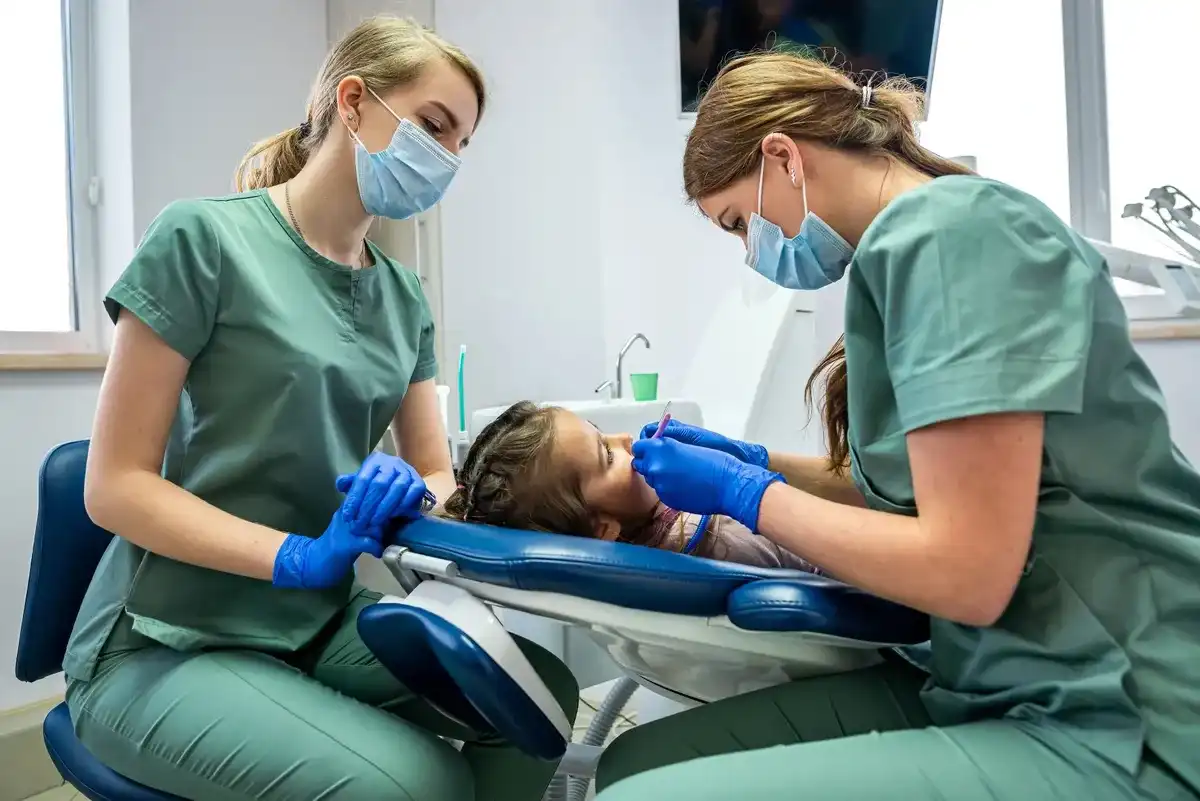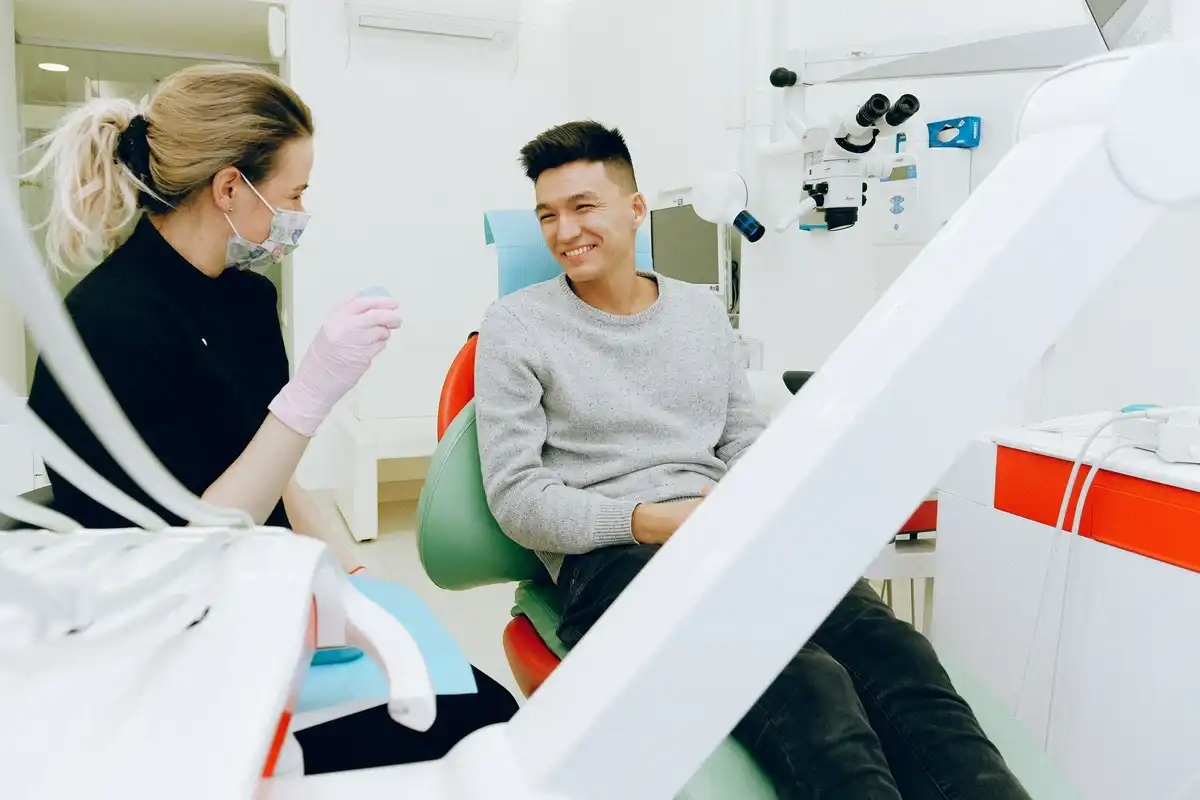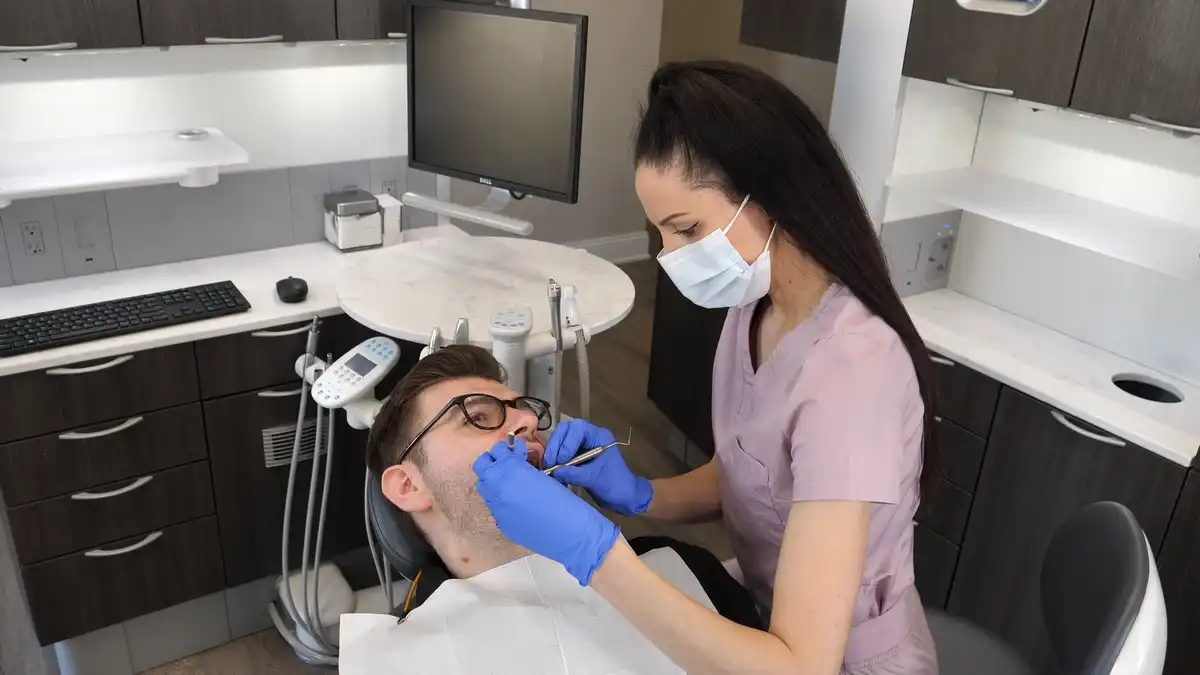Is it Child Abuse to Let Your Preschooler Use a Pacifier?


I got your attention, didn’t I?!
Parents want what’s best for their kids. As the mom of four, I’ve found that each of my children needs different things more than the others. For example, learning to self-soothe comes differently for some children. And as you might suspect, most parents (myself included) frequently incorporate the use of pacifiers to help with fussiness in their babies.
Pacifiers have their purpose. But at a certain point, they cause permanent, physical changes to your child’s skeletal system. Changes that can only be corrected with surgery and/or extensive orthodontic treatment.
Common Problems Caused by Pacifiers
When a child wears braces, those appliances physically reposition the shape of their mouth because of the pressure they apply. So, when children are constantly placing a foreign object between their teeth, it can also cause changes in growth patterns.
Ideally, a child’s front teeth should close together all the way. But in children who use pacifiers too long, their teeth fail to do that. Instead, when they bite down, you see an open space (“open bite”) between their upper and lower front teeth. There’s also a high chance that they will develop a tongue thrust, worsening the condition altogether.
If your child has a clip-on toy hanging from their pacifier all day, this adds additional weight (and pressure) against their teeth and facial bones.
All of these situations can lead to:
- Open bites
- Speech delays
- Abnormal jaw and facial profile development
- Increase in dental emergencies
- Severe orthodontic complications
- TMJ problems
- Self-consciousness
- Malabsorption of food
Unfortunately, most parents don’t realize that allowing their toddlers or preschoolers to continue using a pacifier is causing physical changes in their facial bone development. Unless early intervention occurs, the bones will remain in that position and fuse in adulthood, requiring surgery to correct.
It isn’t just the teeth that need to be corrected with something easy like braces. Prolonged sucking on a pacifier or finger reshapes the roof of the mouth, inhibits the growth of the lower jaw, and changes the physiological patterns of your child’s tongue and lip movement. This is one reason why myofunctional therapy is becoming so popular; patients and dentists alike are beginning to realize the importance of healthy oral movements and soft tissue positioning as it relates to development and oral health.
Simply put: if your preschooler is still using a pacifier, they are nearly guaranteed some type of orofacial irregularity.
Which begs the question: aren’t those teeth just going to fall out? Won’t they grow out of it? Unfortunately, it’s not that simple. The bone structure usually won’t correct itself. And since primary (baby) teeth act as guides for the developing permanent (adult) teeth, the position of their smile today affects the alignment of their smile in the decades ahead.
Don’t beat yourself up if you didn’t know pacifiers shouldn’t be used past a certain age (1 or 2 years old, depending on who you ask). Fortunately, your child is still rapidly developing. Early growth modification techniques can help, but you need to act quickly. Use your knowledge to put your child’s development back on track: tomorrow is a new day!
How to Break Your Childs Pacifier Habit
“Quitting” the pacifier is like telling someone to stop smoking cold turkey. It’s miserable—not just for your child, but for you too—and almost impossible. Depending on the age of your child, here are some tips to help them overcome their dependency on a pacifier:
Wean them off slowly.
Consider cutting back on how often you give your child a pacifier. If they have it in their mouth all day, change it to naptime only. As they begin taking fewer naps, change it to once a day or just bedtime. Eventually, they won’t need it to fall asleep.
Cut the tip off of the pacifier.
A “broken” pacifier isn’t any fun to suck on. You can easily cut a tiny piece off of the tip and a little more each day until your child doesn’t want to use it anymore.
“Lose it”.
Did their pacifier fall out of their daycare bag? Get kicked under the couch? “Accidentally” get thrown out in the trash? Uh oh!
Give it to the Tooth Fairy.
Did you know that the tooth fairy comes to get pacifiers, too? If your child leaves it out and you write a note, the Tooth Fairy will come to get it. Guaranteed. Just set a phone alarm so nobody forgets (been there, done that.)
Make a reward chart.
If you have an older toddler or preschooler still using a pacifier, make this a big goal with big rewards. Is there a special event, toy, or prize they would love to earn? Make a sticker chart and have your child go a full month without their pacifier to work toward their pre-determined reward!
If they relapse during the process, reassure them and start over from scratch. Nobody needs to feel like a failure.
DO NOT buy a new one.
No matter what, your toddler does not need a new pacifier. Unless there’s a serious medical issue or traumatic event and it’s the only thing that will comfort them, there’s no reason to buy a new pacifier to replace the old one.
When to See a Dentist About Pacifier Damage
Medical and dental experts agree that all children should see a dentist for an exam by their first birthday or earlier if they have any teeth. After that, six-month checkups are recommended. During these early visits, your child’s dentist will evaluate their oral growth patterns, occlusion (the way their teeth and jaws line up,) jaw placement, and tongue function. If symptoms of an open bite or overjet are present because of pacifier use or thumb sucking, your dental team can incorporate growth modification techniques to correct bone growth patterns as early as possible.
If your child is 2 or 3 years old (or older) and still using a pacifier, it’s time to have a serious talk with your family about breaking the habit now, rather than later. Your dental team will be there to help!

Make your inbox smile!
Subscribe




